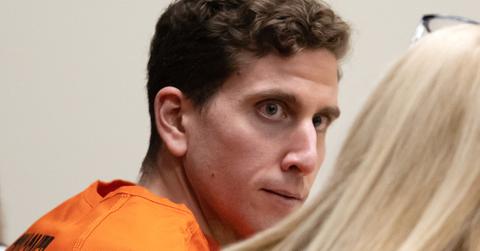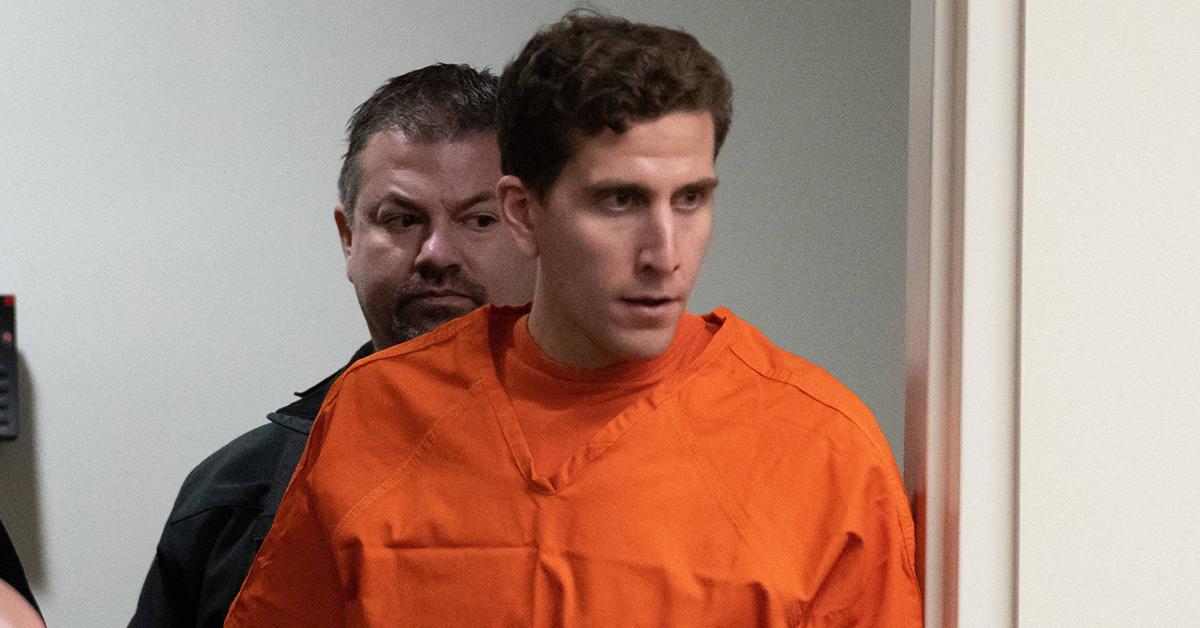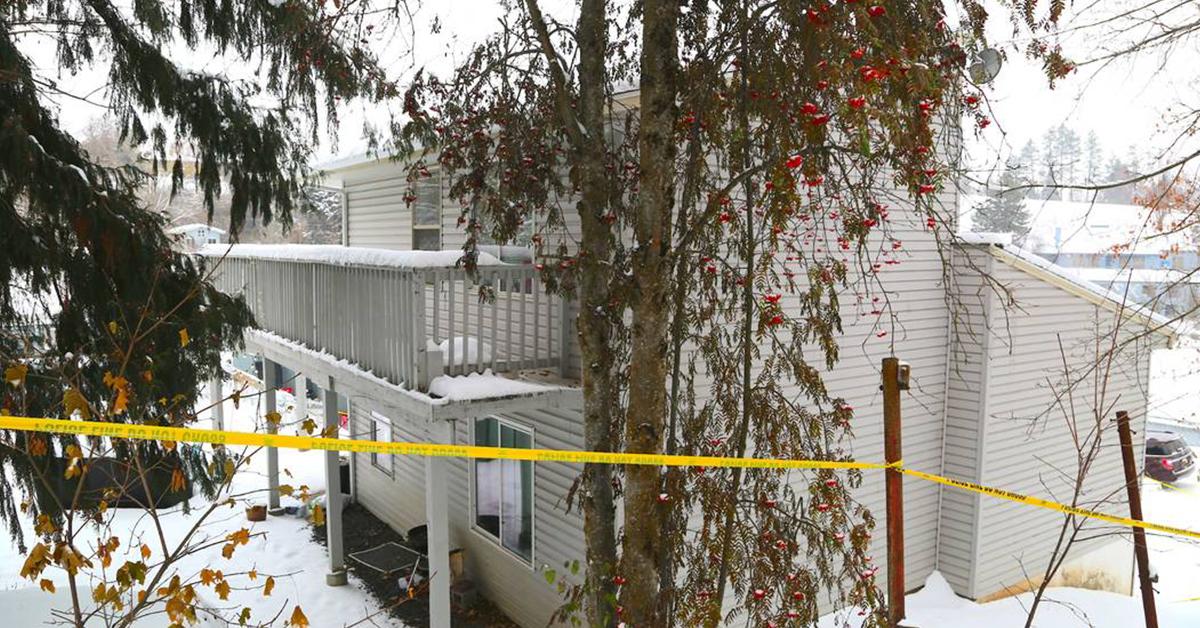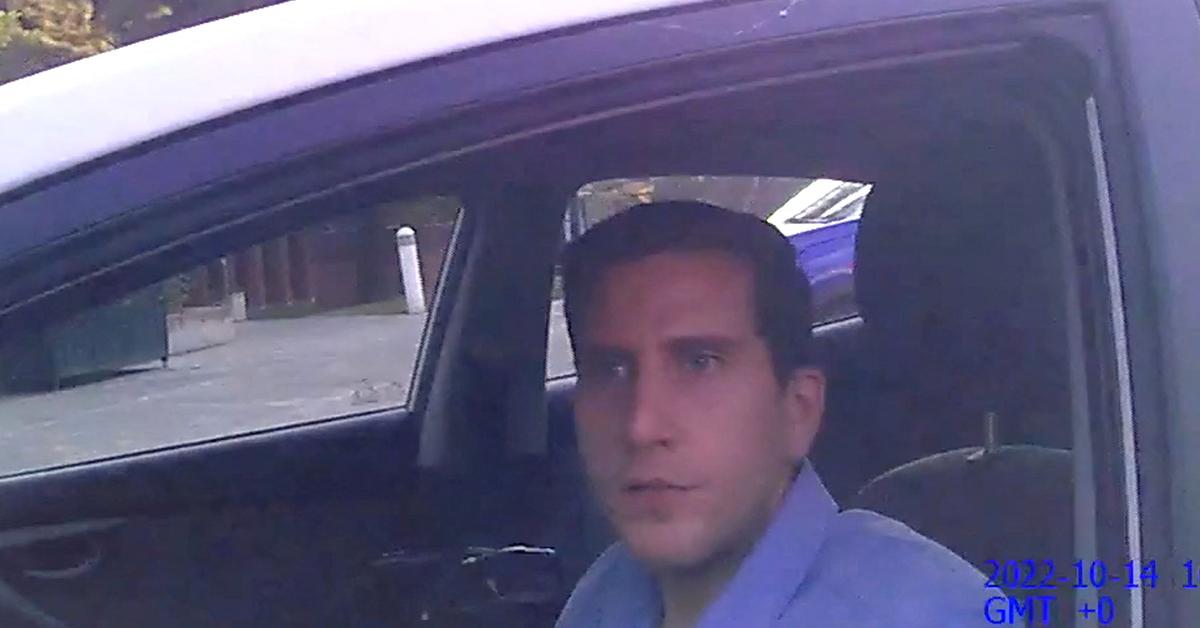Accused Idaho Killer Bryan Kohberger Hires Genealogist to Debunk Prosecution's DNA Collection

Bryan Kohberger could face a firing squad if found guilty of the quadruple-murder.
Aug. 11 2023, Published 1:34 p.m. ET
Bryan Kohberger's defense team is looking to derail a pivotal piece of evidence linking him to the University of Idaho murders, RadarOnline.com has learned.
The Ph.D. student-turned-accused killer was arrested on December 30 after DNA evidence linked him to blood on a knife sheath left at the crime scene.

Prosecutors are seeking the death penalty for suspect Bryan Kohberger.
Investigators used genetic genealogy linking Kohberger to the murders by creating a DNA profile using the blood from the sheath, which matched the profile of his father.
Now, his defense attorneys are bringing in experts to poke holes in the process by suggesting the science surrounding the DNA profile may not be trustworthy, legal documents revealed.
Dr. Greg Hamikian, a forensic biologist at Boise State University, was one of the experts questioning its legitimacy.
“This is a more aggressive challenge where they’re saying wait a minute, is this fruit of a poisoned apple or something and how did you get this genealogical match? Do we know it’s a good match?” Hamikian asked. “Maybe you got tunnel vision early on in the case through bad genealogy.”

Bryan Kohberger's alleged victims
Dr. Leah Larkin, a DNA expert based in California, echoed Hamikian's concerns in an affidavit submitted by Kohberger's legal team, reported Daily Mail.
"A poor-quality kit might have too few matches or it just might have phantom matches that are not real measures of relationship," she stated, suggesting that popular at-home tests like 23andMe and AncestryDNA are not as reliable as DNA analyzed by specialized laboratories.
Larkin noted that sometimes police get it wrong when collecting genetic genealogy from databases.
Hamikian provided an example where law enforcement pinned the crime on the wrong suspect using this same method.
“Our experience, when we worked with the police, the first hit they got through genealogy. The guy they thought was a good suspect, he’d been in the area, he sounded like a good match — they went to test him because his father had it was a close match, and it turned out the suspect was wrong,” he explained.

The house where the University of Idaho murders took place.
As RadarOnline.com reported, Kohberger was charged with four counts of first-degree murder for the November 13 slayings of Ethan Chapin, 20, Xana Kernodle, 20, Madison Mogen, 21, and Kaylee Goncalves, 21.
He pled not guilty to the crimes and could face the death penalty if convicted.
Never miss a story — sign up for the RadarOnline.com newsletter to get your daily dose of dope. Daily. Breaking. Celebrity news. All free.

Bryan Kohberger claimed he was 'out driving' when the murders happened.

Kohberger recently revealed he was "out driving" when the quadruple murders happened. In the filing, he stated he was "not claiming to be at a specific location" during the hours of their killings.
While the defense declared it stated "all that can firmly be stated at this time" in the early August filing, his team claimed it could corroborate Kohberger's whereabouts through witness testimony during his October 2 trial.
Powered by RedCircle



